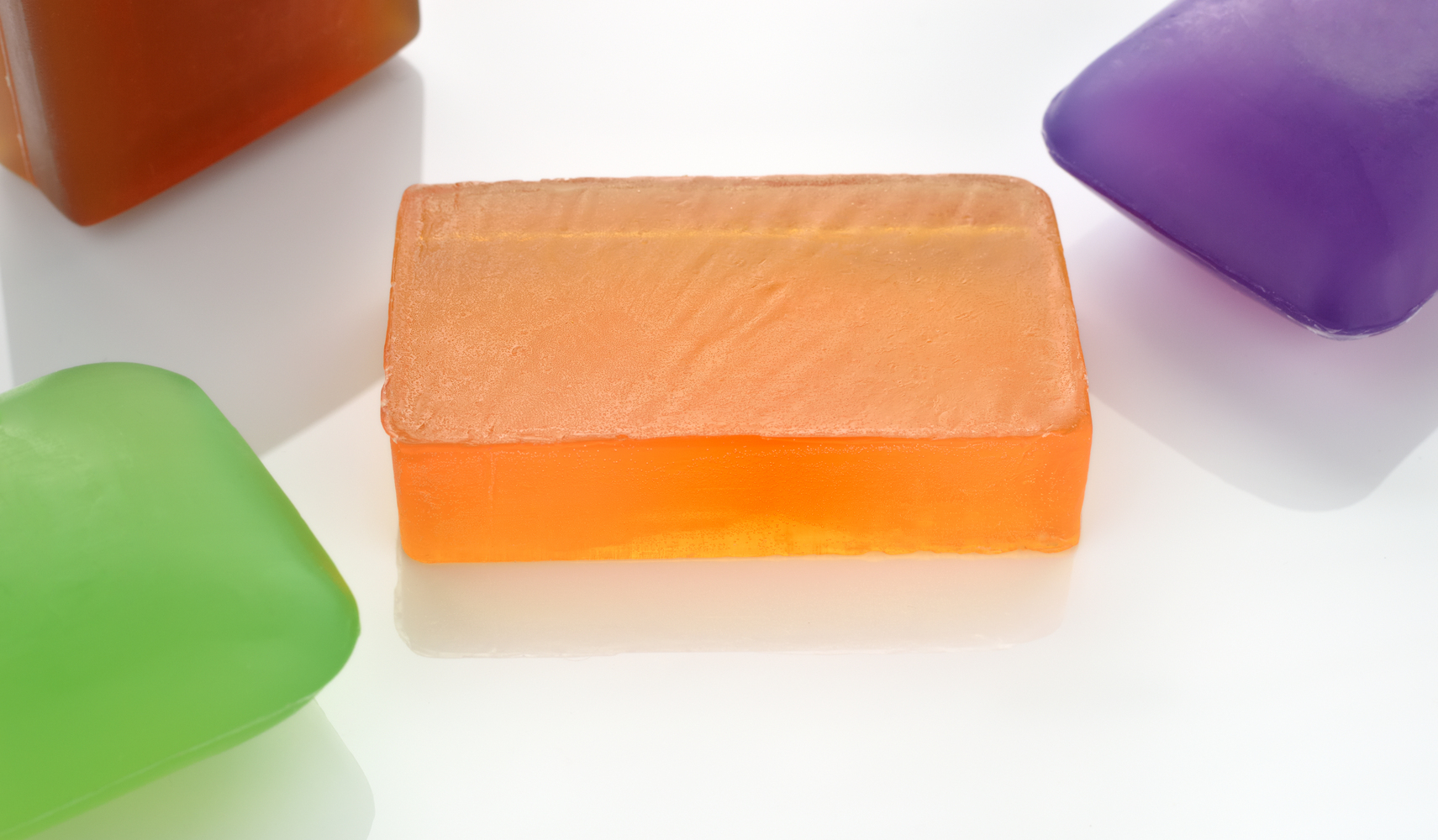
5 Soaps to Avoid With Eczema
Eczema, or atopic dermatitis, is a chronic, inflammatory skin condition that is caused by various factors, the symptoms of which include dry, itchy skin that can lead to bleeding and infection. Treatment can be difficult, but studies show that treating eczema with certain prescribed medications such as Cibinqo (Abrocitinib), Dupixent (Dupilumab) and Otezla (Apremilast), which can be used for atopic dermatitis, as well as avoiding certain trigger factors can help reduce the severity of symptoms and the frequency of flare-ups. For example, the following five soaps contain harsh ingredients that can irritate the skin and trigger a flare-up:
1. Soaps containing methylchloroisothiazolinone and methylisothiazolinone
Methylchloroisothiazolinone and methylisothiazolinone are chemicals often used as preservatives in various personal care products, including soaps. Methylchloroisothiazolinone contains properties that can trigger an allergic reaction and has been linked to contact dermatitis, which can cause eczema. Methylisothiazolinone, on the other hand, is known to be a skin irritant because of its ability to strip away the natural oils from the skin. This chemical has also been linked to contact dermatitis and eczema. These chemicals are also known to increase the skin’s sensitivity to other irritants.
2. Soaps with strong fragrances
Strong fragrances, such as those found in many body washes and soaps, can trigger eczema. These fragrances are made up of various chemicals that can irritate the skin. Chemicals such as phthalates and parabens are particularly problematic for people with eczema, as they can disrupt the natural balance of bacteria on the skin and lead to inflammation. If you have eczema, it is best to avoid any soap or body wash with a strong fragrance. Instead, look for products labeled “fragrance-free” or “unscented.”
3. Antibacterial soaps
Antibacterial soaps are one of the most common triggers for eczema. These soaps contain harsh chemicals that strip the natural oils from your skin, leaving it dry and vulnerable to irritation. These chemicals can also trigger eczema by causing inflammation and stimulating the immune system. If you must use antibacterial soap, look for one that is labeled “gentle” or “for sensitive skin.” Such soaps are less likely to contain harsh irritants.
4. Propylene glycol based soaps
Propylene glycol is used as a humectant, meaning it helps to keep the skin moist. Humectant-based soaps are often used to treat dry skin conditions such as eczema. However, propylene glycol can also worsen eczema by causing the natural oils in the skin to be stripped away, causing inflammation, exacerbating eczema symptoms, and leaving the skin feeling dry and irritated.
5. Soaps containing essential oils
Essential oils are often used in natural soaps and body washes. While they can have some benefits for the skin, they are made up of a variety of chemicals that can trigger an inflammatory response and therefore can also be very irritating for people with eczema. Some essential oils that should be avoided if you have eczema include lavender oil, eucalyptus oil, cinnamon oil, oregano oil, and clove oil. Continual use of soaps containing essential oils can also lead to further irritation and inflammation of the skin and can make eczema skin care more difficult.



